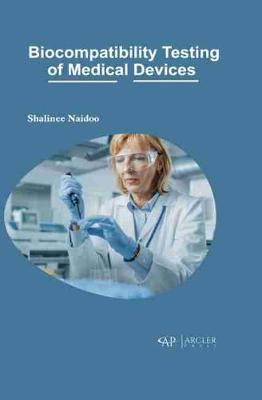Biocompatibility, is by definition, a measurement of how compatible a device is with a biological system. The purpose of performing biocompatibility testing is to determine the safety of a device for human use, taking into consideration the intended use and specific legal requirements at the time of registration. This is essential to determine whether a device has the potential to cause adverse effects as many devices may be subject to degradation when implanted into tissues or subjected to the surrounding degradation effects of body. Manufacturers must be able to show safety of all device components and the finished device through acceptable toxicological data and related literature. If a manufacturer cannot show this information, then their device will need to undergo testing. This volume aims to provide a simple understanding around the concepts of biocompatible medical devices. Much information is provided to help manufacturers when choosing appropriate tests and to ensure that biomaterials and finished devices are safe and will perform as intended when used in a clinical setting. Key concepts of the ISO 10993 series of standards is provided as well as some of the major challenges faced by medical device manufacturers when considering biocompatibility testing. A simple understanding around the evaluation and characterization of biocompatible materials as well as the regulation of such devices are provided. In addition, a simplified overview of how to set up a basic biocompatibility testing laboratory is also included.
- ISBN13 9781774078242
- Publish Date 30 November 2020
- Publish Status Active
- Publish Country CA
- Imprint Arcler Education Inc
- Format eBook
- Pages 241
- Language English
